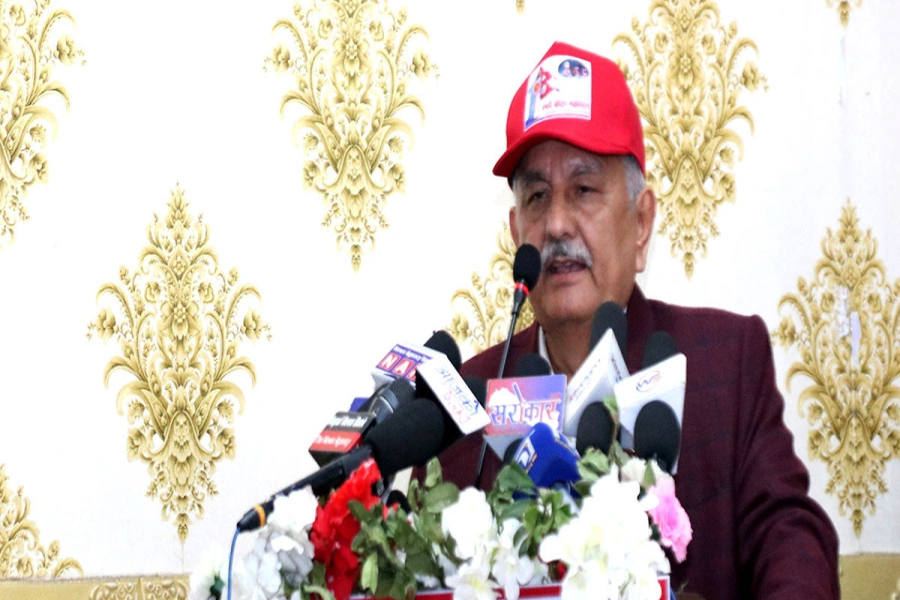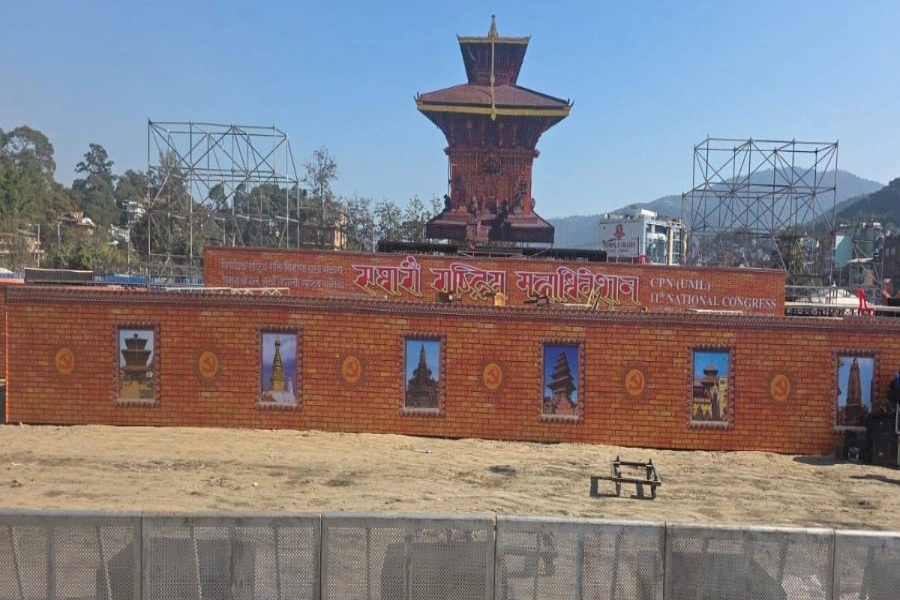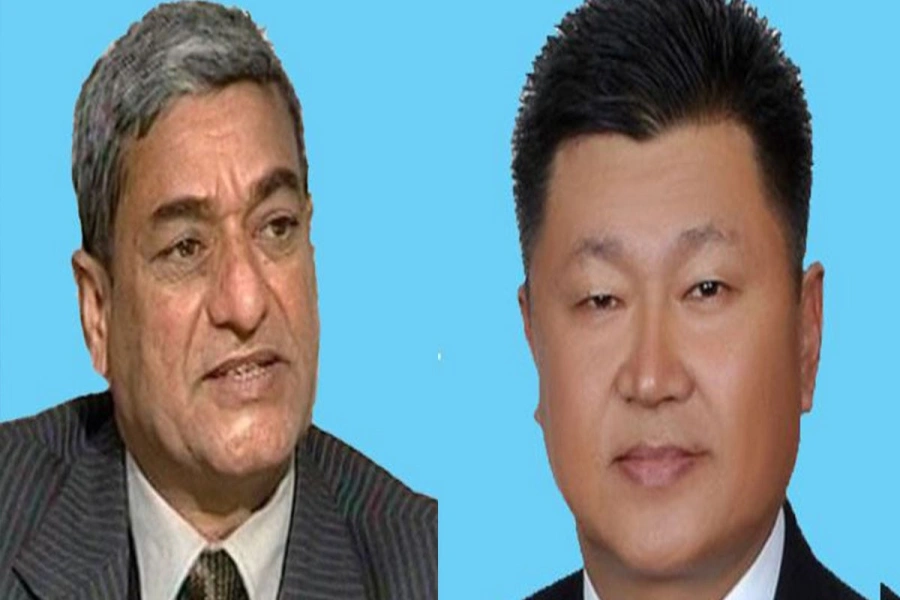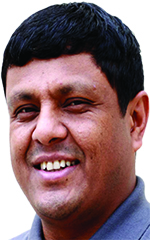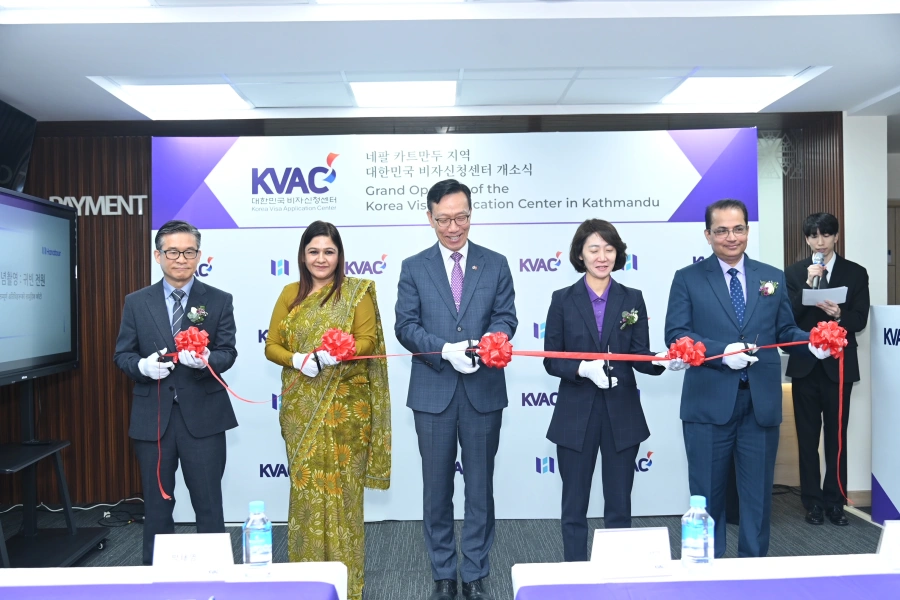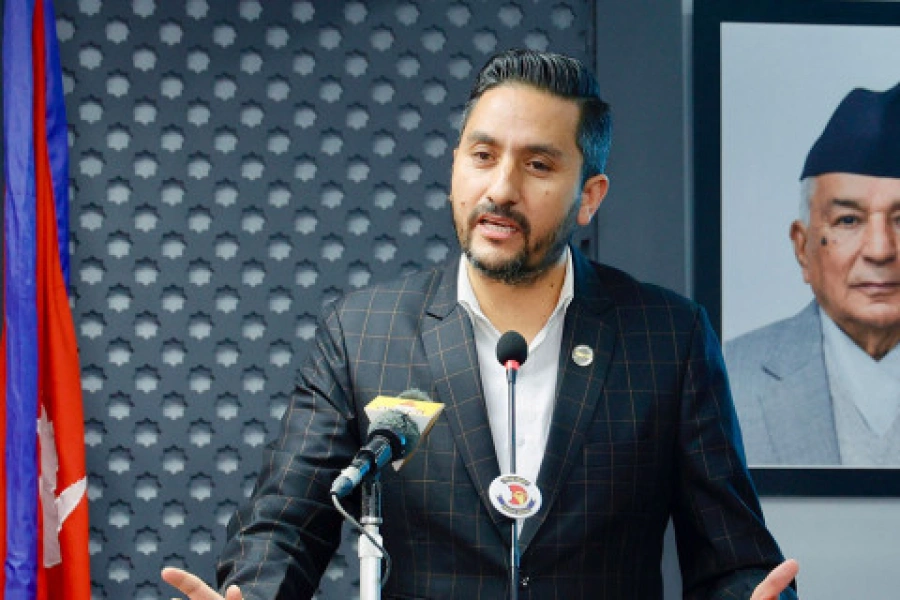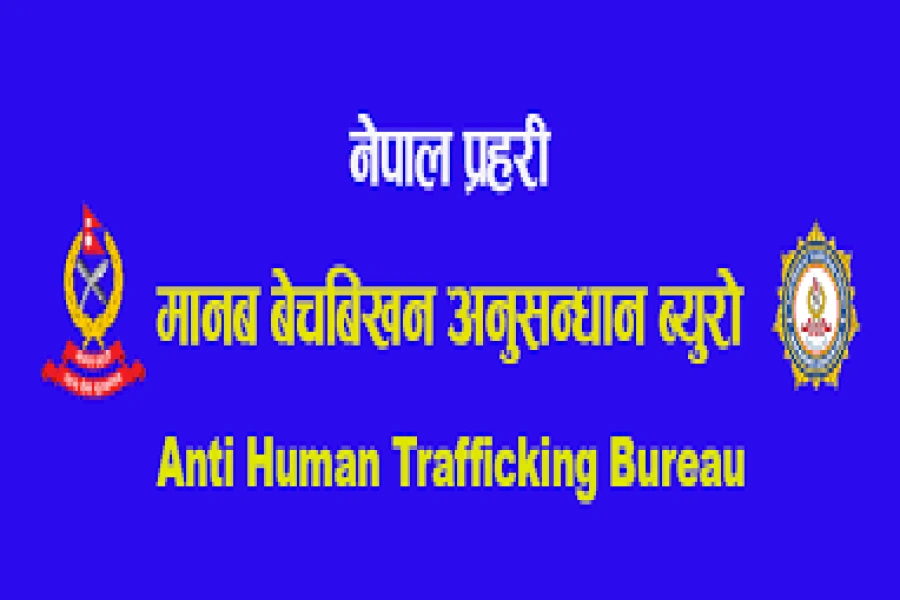The number of graduates alone does not signify success in the academic arena
Regrettably, of late, positive news pertaining to TU have become increasingly scarce. The university's diminishing global ranking, coupled with reports of declining enrollment in its central departments, and the impasse surrounding the appointment of a new vice chancellor due to political quandaries, have raised serious concerns on the future of TU.
Recently, Tribhuvan University (TU) announced to have set a world record with over 26,000 attendees at its convocation ceremony. However, this claim has since become a subject of controversy. The organization responsible for awarding the world record, Official World Record (OWR), has a dubious reputation for issuing certificates in exchange for certain fees. It raises suspicions about whether TU paid OWR for the recognition as a means of securing cheap publicity. The lack of clarity regarding TU's payment to OWR is concerning, and it reflects poorly on the management of this esteemed institution. It is disheartening that TU, with its reputable status, seemingly overlooked the credibility of the organization presenting them with a world record certificate.
Moreover, even if the record were genuine, the number of graduates alone does not signify success in the academic arena. The paramount factor should be the quality of education and the marketability of the graduates. Unfortunately, amidst a decline in academic standards, TU appears to be celebrating an achievement that holds little significance in the realm of academic excellence. The focus should be on enhancing educational quality rather than pursuing dubious accolades for mere publicity.
As an academician and an alumnus of TU, the regular updates regarding my alma mater deeply endow me. Regrettably, of late, positive news pertaining to TU have become increasingly scarce. The university's diminishing global ranking, coupled with reports of declining enrollment in its central departments, and the impasse surrounding the appointment of a new vice chancellor due to political quandaries, have raised serious concerns on the future of TU. As Nepal's premier institution of higher education, TU holds a distinguished status as the pride of the nation's education system. Since its inception in 1959, TU has been a cornerstone in molding the intellectual landscape of the country and fostering the development of skilled professionals. Notably, the current cohort of leaders, bureaucrats, technocrats, and members of the judiciary that are steering the nation from decision-making level is almost exclusively composed of alumni of TU. This underscores TU's pivotal role in producing influential figures across various sectors over the years.
Eight universities from Nepal, India and B’desh to compete in J...

The decline of TU to its lowest ever, exacerbated by blatant political interference and subsequent mismanagement, has plunged it into the nadir of Nepal’s academic arena. As a result, a significant influx of students is opting to pursue their academic endeavors abroad. The escalating number of applications for no-objection certificates (NOC) by aspiring students at the Ministry of Education, Science and Technology (MoEST) to facilitate enrollment in foreign universities underscores this trend. Moreover, a substantial number of students are choosing to pursue their university-level education in India, where obtaining a NOC is not a mandatory requirement. Due to the declining enrollments at TU, numerous affiliated campuses across the country are being consolidated, and there is a push for lateral cross-departmental enrollment within the central departments.
Consequences of political influence
The intrusion of political influence in TU has demonstrated that politically-motivated appointments have frequently prioritized loyalty over academic merit, undermining the fundamental principles of meritocracy and impeding the selection of qualified individuals capable of leading the university with vision and competence. In the past, the repercussions of such influence have been evident in various aspects of academic leadership, adversely impacting decision-making and hindering institutional progress.
Furthermore, political appointees within TU are observed to contend with external pressures to synchronize university policies with political agendas, resulting in undue interference in administrative affairs. This persistent trend has consistently jeopardized the autonomy of TU, hampering its capacity to make decisions grounded in academic priorities and the well-being of students and faculty.
Academic institutions typically flourish when guided by the principles of academic freedom, enabling scholars to explore knowledge without external constraints. In contrast, the prevalence of political favoritism in TU has repeatedly undermined this freedom, subjecting the university to political influences that restrict the diversity of thought and expression within the broader academic community.
In the face of these challenging circumstances, it is imperative to initiate the revitalization of TU to enhance the academic landscape of the country. To achieve this, it is crucial to completely extricate TU from political influence. The pending appointment of the vice-chancellor and other executives should be carried out exclusively through merit-based selection processes, rather than relying on political channels. This is strengthened by the fact that the outgoing vice-chancellor of the TU had recently advocated for discontinuing the direct involvement of political figures as chancellor and co-chancellor in Nepal's universities. Instead, experienced educators and academicians should take on executive leadership roles in TU and other academic institutions.
Reformation of TU
Beyond distancing itself from political influence, TU requires a thorough overhaul to bring the university in line with modern educational standards and global competitiveness. This necessitates upgrading the physical infrastructure of TU to meet contemporary needs. This involves the introduction of modern classrooms, state-of-the-art laboratories, and enhanced amenities in both the central campus and affiliated colleges, and fostering an environment conducive to learning. Additionally, substantial investment in technology infrastructure is imperative to ensure that TU keeps pace with the demands of the modern digital age.
A comprehensive reassessment of the curriculum at TU is essential to guarantee its relevance and alignment with the needs of the vibrant and competitive job market. This entails the introduction of interdisciplinary technical courses, value-based education, and incorporation of emerging fields into the existing syllabi. Such initiatives are crucial for fostering collaboration with industries, ultimately bridging the gap between academia and the real-world demands of various sectors.
Prioritizing faculty development programs is crucial for elevating teaching methodologies, enhancing research capabilities, and providing exposure to industry practices. Promoting international collaborations and exchanges will infuse diverse perspectives and global best practices into the university, thereby enriching the overall academic experience. In lieu of political favoritism, there should be an implementation of an independent and internationally endorsed tenure-track system to govern the promotion of faculties and academic staff.
Moreover, TU should evolve into a focal point for research and innovation. Faculty and students should actively participate in cutting-edge research projects. For that, dedicated research centers should be established and strategic partnerships with industries should be nurtured. These initiatives are instrumental in elevating TU's reputation and making substantial contributions to national development.
To add on, a student-centric approach, prioritizing student welfare and academic support services should be initiated in the TU. Implementing mentorship programs, career counseling services, and extracurricular activities will create a holistic educational experience thereby nurturing well-rounded individuals. To complement this approach, contemporary digital technologies should be embraced. TU should invest in e-learning platforms, online resources, and digital tools to facilitate remote learning and ensure accessibility for all students, including those in remote areas.
To align with modern academic approaches, TU should institute a robust quality assurance mechanism aimed at monitoring and enhancing the overall quality of education and administrative processes. This entails implementing regular accreditation assessments, establishing effective feedback mechanisms, and adopting continuous improvement strategies. These measures are essential for elevating the standards of the university.
In the pursuit of excellence, it is high time that TU initiates a comprehensive and all-round overhaul rather than celebrating cheap publicity. Safeguarding the academic integrity, autonomy, and reputation of the institution will require a decisive step sans political influence, alongside addressing infrastructure deficiencies. The TU curriculum needs modernization, faculty expertise should be developed, research and innovation fostered, digital transformation embraced, and quality assurance measures implemented. Through the strategic implementation of these key pillars, TU can reposition itself as a leading educational institution, making significant contributions to Nepal's socio-economic development and global academic community.















